Healing bitterness with joy
Tracy Yang
April 25, 2022
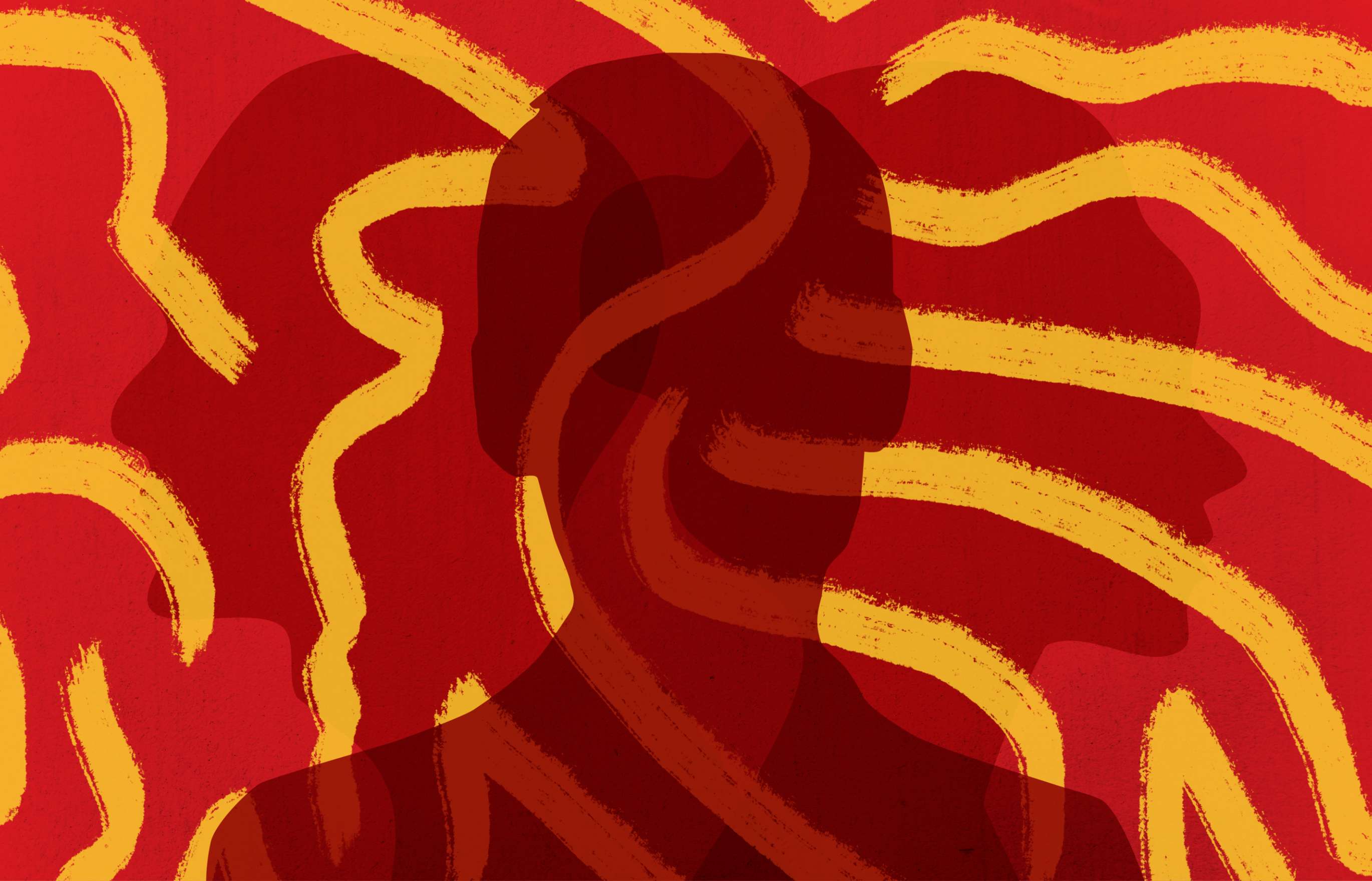
I am an only child, and my parents divorced when I was young. My father was a businessman and my mother was a homemaker. Due to my father’s busy schedule, I never interacted much with him. When I turned seven years old, my mother sent me to boarding school where I could only go home once a month. The intention was for me to receive a good education and to keep me away from family conflicts. In my third year of elementary school my parents divorced. I didn’t have a lot of family moments. For example, unlike other children I knew at school, my parents never celebrated birthdays with me and I don’t have a single family photo with them. As you can imagine, I didn’t have a healthy childhood and it might be one of the reasons why I was rather self-absorbed and suffered from anger issues.
My mother left her home country and moved here to the United States by herself a couple of years later, and I didn’t see her for three years until I also moved here myself. Back in my home country, I had a very comfortable life. We had a nanny who took care of the chores, and we always had plenty of money to spend. In contrast, after moving to the US my life turned upside down without my father’s financial support.
We lived in New York at first, and my mother was working long days making only $4 an hour. We shared a room with someone, and I had to sleep on a dirty floor. Sometimes there were bugs crawling over my body at night. To improve our situation, I started working as soon as I was in high school. Being an immigrant wasn’t easy; I often had to deal with bullies and discrimination. It made me very angry and frustrated. I told myself that I would work and study harder than anyone else to get out of that situation.
Because my mother could barely speak English, I often had to support her by reading mail and documents and translating for her. Due to the drastic lifestyle change that I had gone through, I became very negative and resentful towards everything, especially about my mother’s endless requests for help. I couldn’t understand why I was the only one who always needed to be helpful. Why did I have to be the “mom” in the family? I would think to myself, “Why can’t I have someone who can help me instead so that I don’t need to suffer? After all, I didn’t choose to be born in a broken family.” I felt helpless throughout my teenage years. I started to experience constant panic attacks and fits of anger. I would get extremely irritated at little things and couldn’t get over them for a long time.
I felt helpless throughout my teenage years. I started to experience constant panic attacks and fits of anger. I would get extremely irritated at little things and couldn’t get over them for a long time.
In my last year of high school, I met someone who would later introduce me to the Shinnyo teachings. She was always very kind to me, and I very much enjoyed talking to her, especially when she shared her experiences of practicing at Shinnyo‑en. Two years after getting to know her, I decided to begin its practices myself. It was during my second year in college. My motivations were somewhat self-serving, initially. My main reason for practicing was so that my mother’s life would improve.
Even though I loved her (She was still my mother after all!), I still had a troubled relationship with my mother. I would often lose my temper and yell at her when she asked me for help. I would regret it every single time, but also didn’t have the courage or humility to apologize. I always thought our relationship would be troubled like this for the rest of our lives.
Soon after beginning my practices at Shinnyo‑en, I began to engage in a guided form of meditative training that is referred to as sesshin. In my earliest experiences of this training, I was encouraged to gain more perspective on having gratitude for the small things in life, and to not take them for granted. At first, I didn’t know why I needed to reflect on this. However, similar perspectives were indicated during subsequent trainings.
My friend who had introduced me to Shinnyo‑en explained the concept of karma to me and explained that I could transform my life by reflecting on myself and taking positive action. Through that conversation, I realized the everyday things that my mother had been doing for me, like the laundry and cooking, that I had been taking for granted. I also realized that I had been allowing myself to dwell on how much I wanted things to be different.
One time, the guidance encouraged me to listen to others before passing judgment and to not give into my tendency to lash back angrily. How could they know that this is how I react to my mother? I wondered. Often, I wouldn’t even let my mother finish talking, or I would hang up on her when she started asking for things.
Things started to improve as I became more involved in my practice and started to understand the guidance I received during sesshin trainings on a deeper level. One time, the guidance encouraged me to listen to others before passing judgment and to not give into my tendency to lash back angrily. How could they know that this is how I react to my mother? I wondered. Often, I wouldn’t even let my mother finish talking, or I would hang up on her when she started asking for things. I felt embarrassed and told myself I needed to have stronger determination to change my behavior. So for the next few weeks, I tried not to interject when she spoke and to just listen to her.
The following month, I engaged in sesshin meditation again. I had managed not to argue with my mother for a month (!) and felt quite accomplished, expecting praise. To my surprise, the guidance I received indicated that there are different levels of listening: one kind is done only in form, where we pretend to listen but without really hearing the person wholeheartedly. What I could do instead is to not just listen to others with my ears, but also with my heart, to truly understand where they are coming from. Soon after putting this guidance into practice, our relationship started to improve.
When I heard this, I burst out crying. That was the pivotal moment of my life when I could finally feel the pain that my mother had gone through since she married my father at a young age.
Not long after that, my mother was involved in a series of car accidents. We decided to engage in sesshin to consult about this matter. The spiritual guidance was quite unexpected, uncovering the deep pain my mother had been feeling, but keeping suppressed for a very long time. Not thinking anyone would understand, she had kept those feelings buried. However, the guidance in sesshin indicated that the pain was still there, so strong and powerful, and that it was affecting her ability to focus, especially when driving.
When I heard this, I burst out crying. That was the pivotal moment of my life when I could finally feel the pain that my mother had gone through since she married my father at a young age. It was like a flashback in a movie playing in my head. I keenly felt her pain, the betrayal she had felt, leaving her home and everything she knew for a totally foreign country, and feeling helpless there. I could better understand the kind of pain she must have endured to leave her child and loved ones behind when she first moved to America; how shameful and humiliated she must have felt about the divorce she went through; what kind of hardships she had gone through to survive; and how she had summoned the strength and determination to move forward in life. I felt so guilty and ashamed of all my negative words and actions towards her. At the same time, I also felt an overwhelming sense of gratitude towards the Shinnyo Masters. Without their kindness in developing this path of practice we now have, I’m sure I would have never been able to understand my mother at such a deep level.
Looking back, I’m so grateful now for the hardships that I overcame after moving to this country. Without these experiences, I wouldn’t be who I am today. I have realized that the purpose of our spiritual practices is not to get rid of the challenges in life. Rather, my practice gives me the strength and determination to overcome adversity, and to find joy and gratitude despite any difficulties I may face.
In addition, my practice also changed the way I work with others, or more precisely, how I have redefined the meaning of work. Here is an example: in a team of 200 people, I was the only non-native speaker. When I started to interact with clients, some of them were abusive and discriminatory. My job involved talking to clients five hours a day on the phone to help with technical troubleshooting. They could hear my accent when I spoke.
I have realized that the purpose of our spiritual practices is not to get rid of the challenges in life. Rather, my practice gives me the strength and determination to overcome adversity, and to find joy and gratitude despite any difficulties I may face.
One time, as soon as I introduced myself on the phone, the client immediately asked me, “Where are you from? Are you an American citizen? Did you go to school in the US? Can I talk to someone who speaks English?” Often, I would get yelled at on the phone even though I was trying to help that person. I felt so defeated by these comments and started to have thoughts of quitting. I thought to myself, “I didn’t go to school to be yelled at. Why are these people so mean when I’m just trying to help them?” I didn’t realize then that this was a reflection of my own behavior on the phone. For example, I used to yell at my mother like that and would cut her off during phone calls.
One day, when listening to harsh comments from a client, I suddenly had a deep realization that this is how I also treated others when I called customer service hotlines, such as the one for my phone carrier or an internet service representative! Suddenly it was so clear to me that I had rarely extended kindness to certain people and would sometimes threaten to speak with their superior if I didn’t think they were competent. As much as I was ashamed by this realization, I also felt gratitude for what my practice in Shinnyo‑en was helping me see.
Through sesshin meditation and actual daily practice, I realized that true joy comes from letting go of attachments and focusing our efforts on helping others to be happy.
Then, instead of feeling negative about my job, I started to have appreciation when I talked to clients. In my heart, I would feel so grateful to my clients for giving me the opportunity for spiritual growth, to become someone who is more caring and reliable. As I changed my mindset when interacting with clients, I was given leadership opportunities in the work team.
Before I began my spiritual practice at Shinnyo‑en, I used to think happiness and success meant having a stable job and becoming a homeowner in order to live the American dream. However, as I gradually achieved these goals, I still felt unfulfilled inside, and I could see that achieving material things alone would never truly satisfy me. Through sesshin meditation and actual daily practice, I realized that true joy comes from letting go of attachments and focusing our efforts on helping others to be happy. Going forward from here, I am determined to respond to all the positive changes in my life by helping other people to also find joy in life. I realize now that I have so much to be thankful for.
View more stories
Finding strength in the people around you
By Haidee Sui
Haidee Sui, a Shinnyo-en practitioner from Northern California, shares how she found strength in the temple community that helped her to connect to others and accept herself as she grew through a challenging time in her life.
The courage to persevere
By Jin Takamizu
The following is the story of Shinnyo-en member Jin Takamizu, who lives in the Tokyo area and shared this very personal account of how his faith gave him the courage to persevere, and eventually triumph, in the face of adversity.

Discovering treasure in painful experience
By Jin Takamizu
Jin Takamizu, who practices in Tokyo, Japan, shares the story of a spiritual breakthrough he experienced while undergoing surgery to correct a cleft lip and palate he lived with for most of his life. He describes how undergoing that painful experience helped him discover a sense of purpose in life.
Gaining peace and self-love
By Kevin Shi
Shinnyo‑en practitioner Kevin Shi, from Seattle, reflects on how the teachings offered him guidance and perspective when struggling with depression, helping him to rediscover a sense of inner harmony and self-worth.
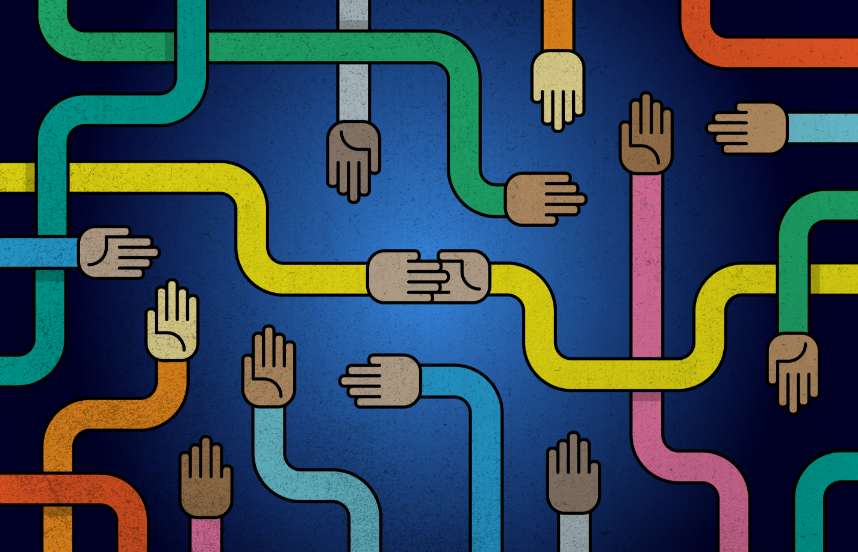
Coming home
By Amy Leval
Amy, an American living in Sweden, shares the story of how the simple practice of offering merit on behalf of family members that she had never met opened the way for healing and reunion within her extended family.

Sending off the spirits of the dead
By Temple Staff Member
In this article from a 1954 Shinnyo‑en newsletter, a member of the temple staff describes an early lantern floating officiated by Shinjo and Tomoji Ito. Despite the many decades since it was written, the account will be remarkably familiar to participants of contemporary lantern floatings.
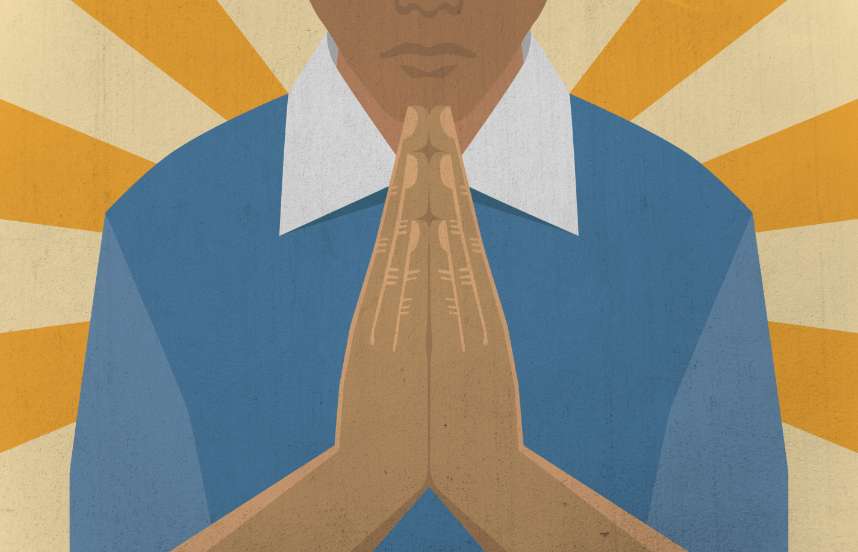
The spirit of gassho: cultivating gratitude as a spiritual practice
By Her Holiness Shinso Ito
Her Holiness likens living a true spiritual life to greeting others with a reverent expression of appreciation. A spirit of gratefulness for others and all that we have cultivates contentment and joy within us. It is a simple practice that we can only experience in the company of others.
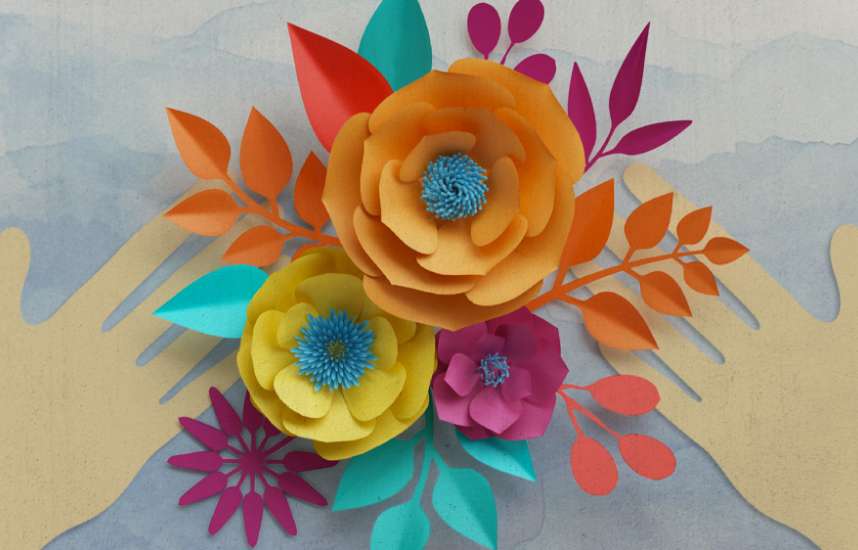
Walking on my own with others
By Takako Masuda
Takako Masuda, whose disability once made her introverted and aloof, describes how a warm, encouraging gesture from Her Holiness helped her realize we never truly walk alone.

Kindling the warmth of Shinnyo in one’s heart
By Nicolas Simonet
French practitioner Nicolas Simonet shares how, even after being a member of Shinnyo‑en for a long time and feeling he knew more than others, a crisis in his relationship provided him a mirror to see his own failings, and finally ground his practice in his heart.

Practicing from the heart
By Lisa Bandiera
Lisa Bandiera, a member of the Shinnyo‑en temple in Sydney, Australia, describes how sesshin invigorated her spiritual practice within her family, and how studying at Shinnyo‑en has deepened and enriched her understanding of the faith tradition she was raised in.
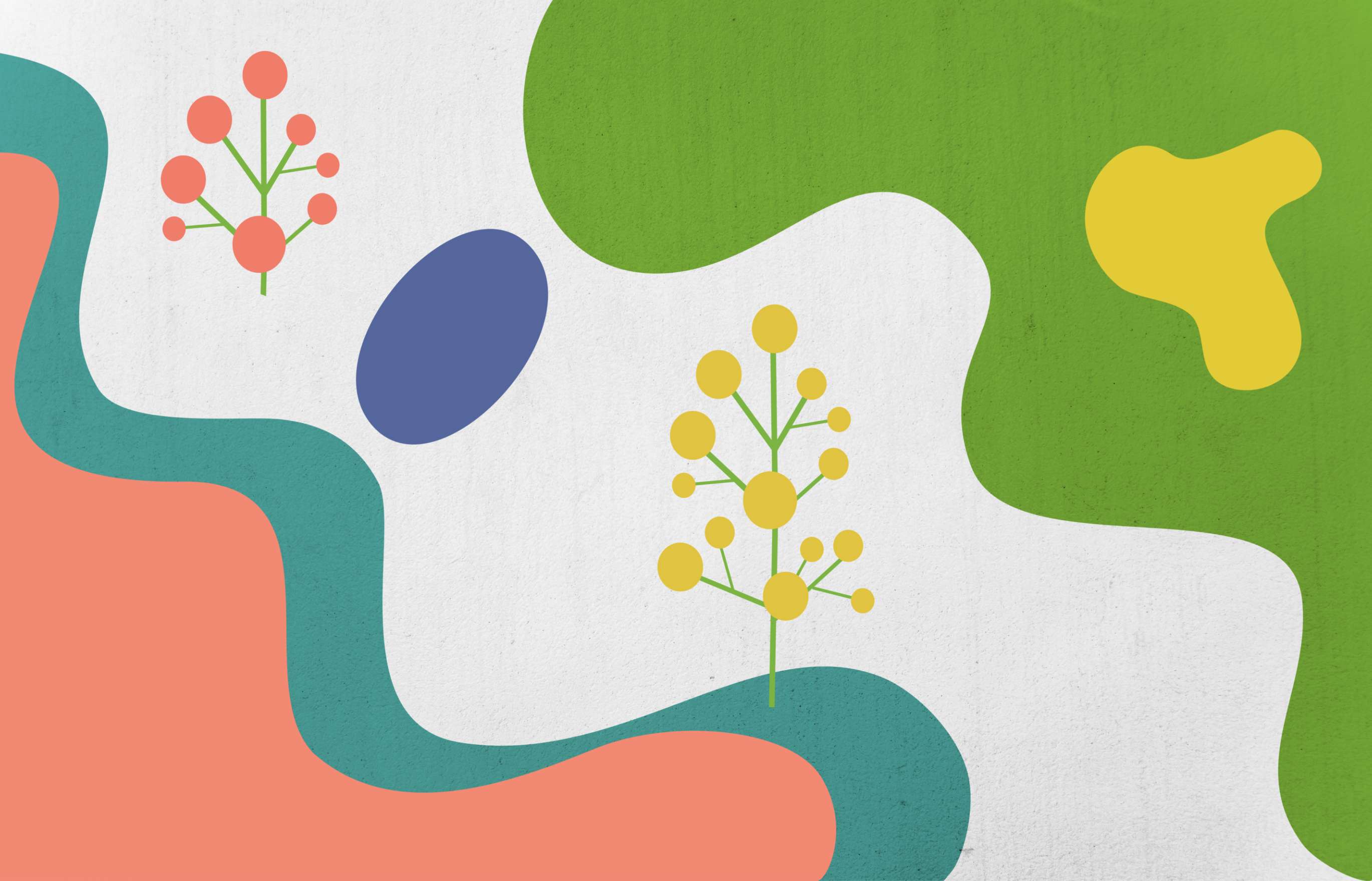
Spiritual training in a city full of potential Buddhas
By Ai Yamanaka
Shinnyo‑en practitioner Ai Yamanaka, from New York, finds spiritual inspiration, a happy life, and encouragement in the joyful open-heartedness hidden beneath the city’s superficial gruffness.
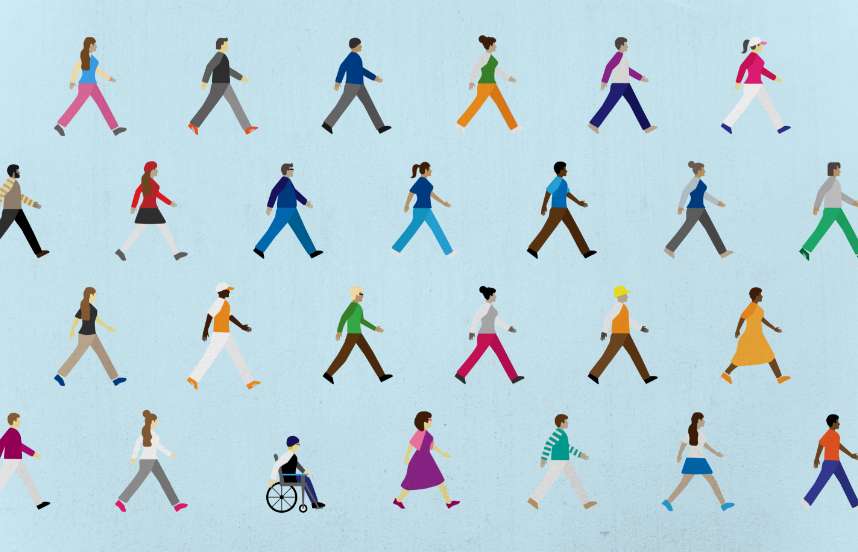
Steadfastly walking the path with others
By Master Shinjo Ito
Master Shinjo Ito, the founder of Shinnyo‑en, shares how the image of Achala (“the immovable one”), inspires development of a spirit of loving kindness and compassion toward others in one’s practice that remains steadfast, regardless of circumstances or recognition.
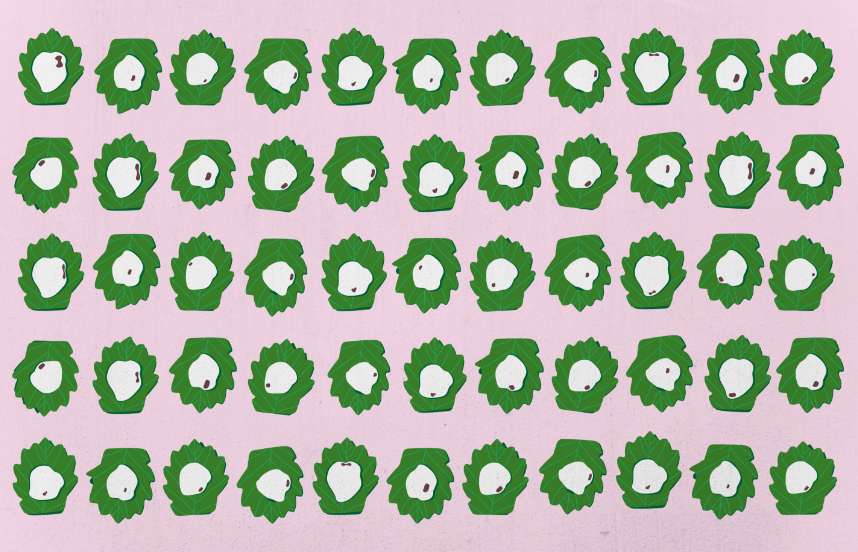
Taking what is left
By Her Holiness Shinso Ito
Her Holiness Shinso Ito shares a childhood memory of celebrating “Boy’s Day” with her mother, illustrating how she skillfully taught by example how to express qualities of buddhahood in everyday life.

The longest journey begins with the first step
By Robert Mize
Shinnyo‑en member Robert Mize of the temple in Redwood City, California, reflects on how his practice fits into his Christian background, the healing power of mentorship and community at Shinnyo‑en, and on how the long-term perspective fuels his practice of small acts of kindness.

The transformative effects of the Shinnyo path
By Guillaume Riou
French practitioner Guillaume Riou shares his very personal story of practicing Shinnyo‑en, and how the simple act of praying for a cousin’s premature baby opened his heart to an estranged family member, and helped to heal the whole family.
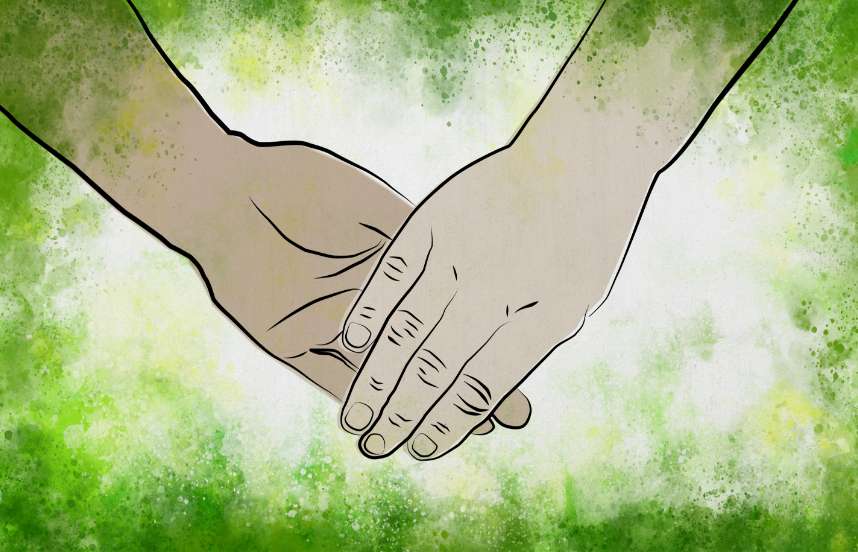
Touching our Buddha nature
By Mark S.
Shinnyo‑en practitioner Mark, from the United Kingdom but practicing in Japan for the last 20 years, explains how getting in touch with his “buddha nature,” his natural goodness within, helped him recognize the support and friendship of others around him and really be himself.
